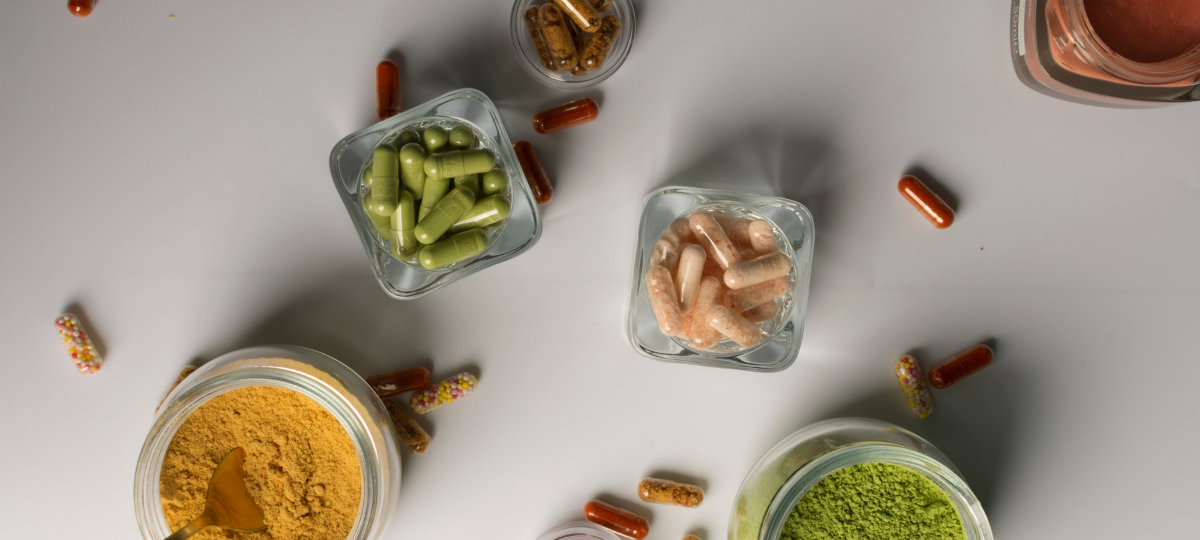Feeling constantly tired, low on energy, or unusually moody? You might not just be stressed — your body could be running low on essential nutrients. Iron, Vitamin D, and Vitamin B12 deficiencies are especially common in women and often go undiagnosed. In this article, we’ll break down the signs, symptoms, causes, and tests for each deficiency so you can better understand what your body is trying to tell you.
Why These 3 Nutrients Matter So Much
1. Iron
Iron helps your red blood cells carry oxygen throughout your body. Without enough iron, your body struggles to fuel your organs, leading to fatigue and weakness.
2. Vitamin D
Vitamin D plays a major role in bone health, immune support, and even mood regulation. Since it comes mainly from sunlight, many women don’t get enough — especially if they live in colder climates or wear sunscreen regularly.
3. Vitamin B12
B12 keeps your brain sharp and supports your nervous system. It also helps make DNA and red blood cells. Vegetarian or vegan? You’re at a higher risk of B12 deficiency since it’s mostly found in animal products.
Common Signs You’re Deficient
Iron Deficiency Symptoms:
- Fatigue or exhaustion
- Pale skin and dark circles
- Brittle nails or hair loss
- Shortness of breath
- Restless leg syndrome
- Frequent headaches
Pro tip: If your periods are heavy, you’re more likely to lose iron monthly and may need supplements.
Vitamin D Deficiency Symptoms:
- Bone pain or muscle weakness
- Mood swings or depression
- Frequent colds or flu
- Hair thinning
- Low energy despite rest
Note: Women with darker skin produce less vitamin D from sunlight and may require higher supplementation.
B12 Deficiency Symptoms:
- Brain fog or memory issues
- Tingling or numbness in hands/feet
- Balance problems or dizziness
- Swollen or sore tongue
- Low mood or irritability
Real talk: B12 deficiency can mimic mental health issues like anxiety or depression.
Causes of Nutrient Deficiency in Women
- Poor diet (low in iron-rich or fortified foods)
- Heavy menstrual bleeding (iron loss)
- Lack of sun exposure (vitamin D)
- Vegan or vegetarian diets (B12)
- Digestive disorders like IBS, celiac, or Crohn’s
- Pregnancy or breastfeeding (higher nutrient demand)
How to Get Tested (It’s Easier Than You Think)
1. Iron Testing
- Ferritin test – checks stored iron
- Hemoglobin levels – checks for anemia
Ask your doctor for a CBC (complete blood count) and ferritin test.
2. Vitamin D Testing
- 25-hydroxy vitamin D blood test – most accurate
Ranges: - Deficient: < 20 ng/mL
- Insufficient: 20–30 ng/mL
- Optimal: 30–50 ng/mL
3. B12 Testing
- Serum B12 blood test
- MMA (methylmalonic acid) – may be more accurate
Low B12 can show up as low-normal in blood, so additional testing may be needed.
What to Do If You’re Deficient
Iron:
- Food sources: red meat, spinach, lentils, tofu, fortified cereals
- Tips: Pair iron with Vitamin C (like oranges or tomatoes) to boost absorption
- Supplements: ferrous sulfate or ferrous gluconate (check with your doctor)
- Warning: Too much iron can be toxic — don’t self-medicate.
Vitamin D:
- Sunshine: 15–30 minutes on bare skin (arms/legs) a few times a week
- Food sources: fatty fish, egg yolks, fortified milk or orange juice
- Supplements: D3 is more effective than D2
- Dosage: Most adults need 1000–2000 IU daily — some may need more under doctor supervision
Vitamin B12:
- Food sources: eggs, dairy, poultry, fish, fortified plant milk
- Vegans: must supplement — oral B12 or injections
- Supplements: cyanocobalamin or methylcobalamin forms
- Note: B12 is water-soluble — excess is usually flushed out, but follow dosage guidelines
Natural Lifestyle Tweaks That Help
- Add leafy greens, beans, and fortified cereals to your weekly meals
- Take a walk in the sun daily (without sunscreen for 15 minutes)
- Plan balanced meals with protein, fiber, and healthy fats
- Use a multivitamin or targeted supplements if recommended
- Keep track of mood, energy, and cycles — these are often nutrient-linked
When to See a Doctor
Get tested if:
- You feel unusually tired for weeks
- Your period is heavy and you feel drained afterward
- You follow a vegan/vegetarian diet
- You’ve recently had a baby
- You live in low-sunlight areas
Early detection = easier recovery.
Final Thoughts: Listen to Your Body
Your body gives you signals when something’s off. Nutrient deficiencies are common, but they’re also manageable with awareness, testing, and simple lifestyle changes. Don’t wait for symptoms to worsen. If you suspect low iron, vitamin D, or B12, talk to your healthcare provider and take action.

